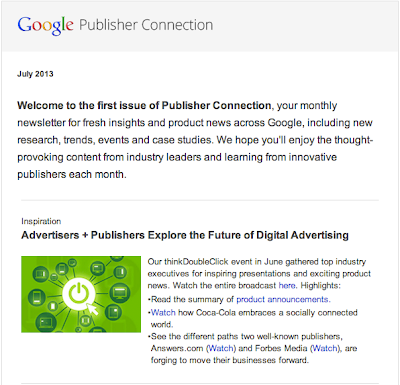Earlier this week, the W3C officially released the Final Report on the Social Standards: The Future of Business workshop and announced to its Advisory Committee that chartering of new social standards will begin.
The W3C-OpenSocial Foundation joint workshop was convened with the goal of formulating a standardization strategy to make “social” a first-class citizen of the Web. The current landscape around social applications on the Web is fragmented, holding back business results; the Open Web Platform, with W3C’s royalty-free patent policy, offers a sound base for moving forward.
Conceived by the W3C Social Business Community Group, the workshop was hosted by AppFusions and sponsored by IBM and the Open Mobile Alliance. The workshop featured two-days of presentations and intense discussions of the challenges, use cases, and potential standardization strategies for social. The workshop brought together over 70 individuals from more than 50 companies around this theme, ranging from start-ups like Crushpath to established enterprise social networks like Yammer. Boeing, AT&T, Dachis Group, Ford, Google, IBM, Jive Software, MIT, Mozilla, Oracle, SAP, SugarCRM, Salesforce, Telecom Italia, Tibco, UCF, W3C and many other industry leaders and social business platform corporations were at the workshop.
The lack of adequate standards makes it difficult to create platform bridging or application integration software that comprehensively serves mainstream social business needs of both users and organizations. A number of points of consensus emerged in the creation of this roadmap, including establishing one or more new Working Group(s) to create the next version of OpenSocial on top of the Open Web Platform, the creation of a group responsible for coordinating activities and messaging in the social space, and pursuing work in the federation of social profiles, common data formats such as ActivityStreams, and work on “NoSQL” graph-based data” such as pursued by the Property Graph Model and API Community Group. New working groups around social standards at the W3C will be discussed in the Social Business Community Group.
Workshop discussion topics included:
- Key use cases and requirements driving social business
- Technologies that can be standardized to solve the problems facing social business
- Overall architecture of social business interoperability needs
- The difference between standards inside the enterprise and across enterprises
- Organic approaches that are evolving without standardization, such as user engagement and custom integration designs
- Next steps for evolved social specifications, ranging from OpenSocial to the Federated Social Web
==
“For a long time, the W3C has thought that social standards need to be a first-class citizen on the Web. By partnering with the OpenSocial Foundation, we will lay the groundwork for this next step in the evolution of the Web, at our joint workshop in August,” said Harry Halpin, a W3C team member. “We expect that social standards will eventually have as huge an impact as HTML5 has had, both across the enterprise and for users.”
“OMA is a pioneer in the area of social network standardization, leveraging early specifications and actively liaising with W3C and OpenSocial to achieve an end-to-end, standard solution in the mobile space,” said Laurent-Walter Goix, Mobile Social Network Champion at OMA. “We’re proud to have sponsored this workshop, which comprehensively addresses social business by joining the needs, opportunities and minds of many industry players towards a timely and relevant standardization effort.”
“There is a tremendous need for a standardized component model for delivery of cloud applications into the enterprise, and across many platforms. OpenSocial is the only community-led initiative working in this space to define a standard,” said Mark Weitzel, President of the OpenSocial Foundation. “In working with the W3C, we believe that we can accomplish more and reach a broader audience of developers to proliferate and optimize solutions across enterprises. We are excited to progress our objectives with these upcoming discussions in San Francisco.”
About AppFusions
AppFusions is a leader in packaged platform-to-platform integration solutions bridging information silos, and streamlining enterprise process and data redundancies. As early development adopters, AppFusions is already deploying OpenSocial-compliant integrations with Jive Software or IBM Connections on one side, and Atlassian JIRA, Confluence, Stash, FishEye, Crucible, and/or Bamboo on the other side.
Overall, the company’s achievements include packaged solutions with Atlassian JIRA, Confluence, Crowd, IBM Connections, IBM Sametime, Jive, Box, Dropbox, Google Drive, Alfresco, Google Analytics, LingoTek, UserVoice, Parature, iRise, and more. AppFusions’ customers include Fortune 10s to SMBs. Learn more at http://appfusions.com.
About Open Mobile Alliance (OMA)
OMA is the wireless industry’s focal point for the development of mobile service enabler specifications, which support the creation of interoperable end-to-end mobile services. OMA drives service enabler architectures and open enabler interfaces that are independent of the underlying wireless networks and platforms and that work across devices, service providers, operators, networks, and geographies. More information at www.openmobilealliance.org.





